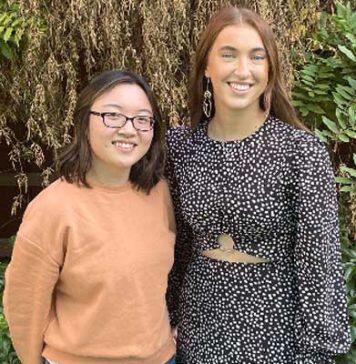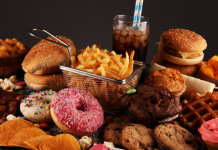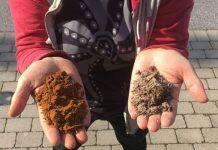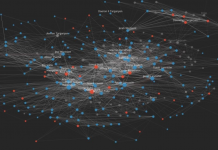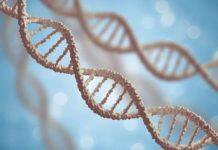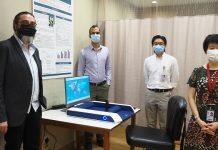Seven tips for a better night’s sleep
While you may be looking forward to catching some extra sleep when we change our clocks on Nov. 1, the amount of rest that you get will depend in part on your current sleep habits.
Tips for Applying to Grad School in Canada
Last year, Laura wrote a post on how to write a successful grad school application. Her tips are awesome and I followed a lot of what she suggested in my own process of writing my applications for Master’s programs.
Higher-educated and obese people eat less healthy during lockdown
Most Dutch people did not change their diets during the first Covid-19 lockdown, but more overweight and obese people said they ate less healthily...
Invisible fungi revealed by their genetic material
How can new life forms that we cannot see be discovered? Using a novel method based on looking for DNA in soil samples, researchers at Uppsala University have...
Secrets behind “Game of Thrones” unveiled by data science and network theory
What are the secrets behind one of the most successful fantasy series of all time? How has a story as complex as “Game of Thrones” enthralled the world and how does it compare to other narratives?
Review finds almost 20 per cent of COVID-19 patients only show gastrointestinal symptoms
Almost one in five patients with COVID-19 may only show gastrointestinal symptoms, according to a review of academic studies published in the journal Abdominal Radiology.
Height in humans is genetically similar to height in cattle
There is a strong evidence for similarity in the biology of height across humans and cattle, as 39% of the genes associated with height in cattle were also found to be associated with height in humans.
Growing skin in the lab to treat a rare disease
Scientists have successfully gene-engineered skin cells in the laboratory which could be used to treat a rare but sometimes debilitating genetic skin condition.
Meeting the Challenge of Student Mobility in a Global Pandemic
Internationalisation in higher education is facing unprecedented challenges because of the global pandemic Covid-19.
NTU spin-off ARTICARES launches portable arm rehabilitation device for use from hospital to home
A new portable arm rehabilitation robot will help patients to carry out robot-aided therapy at home, allowing them to perform intensive exercises without visiting hospitals...


























